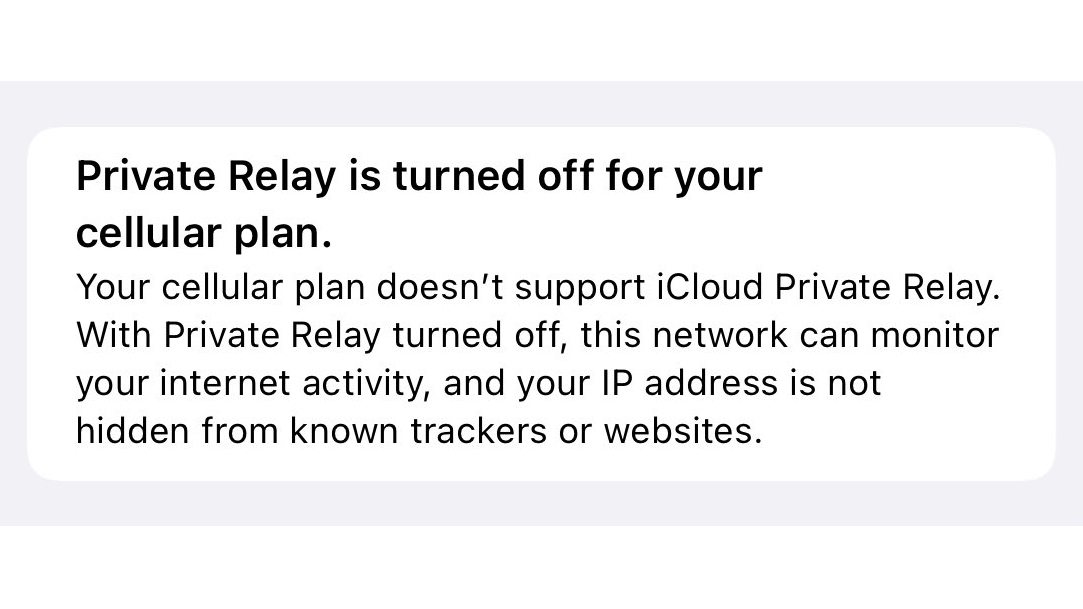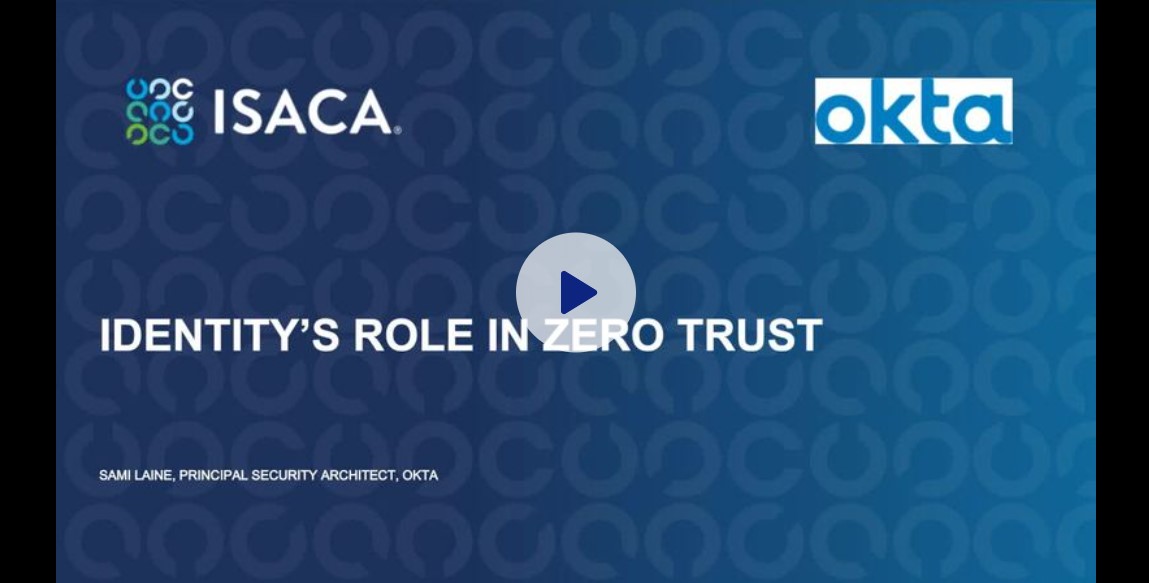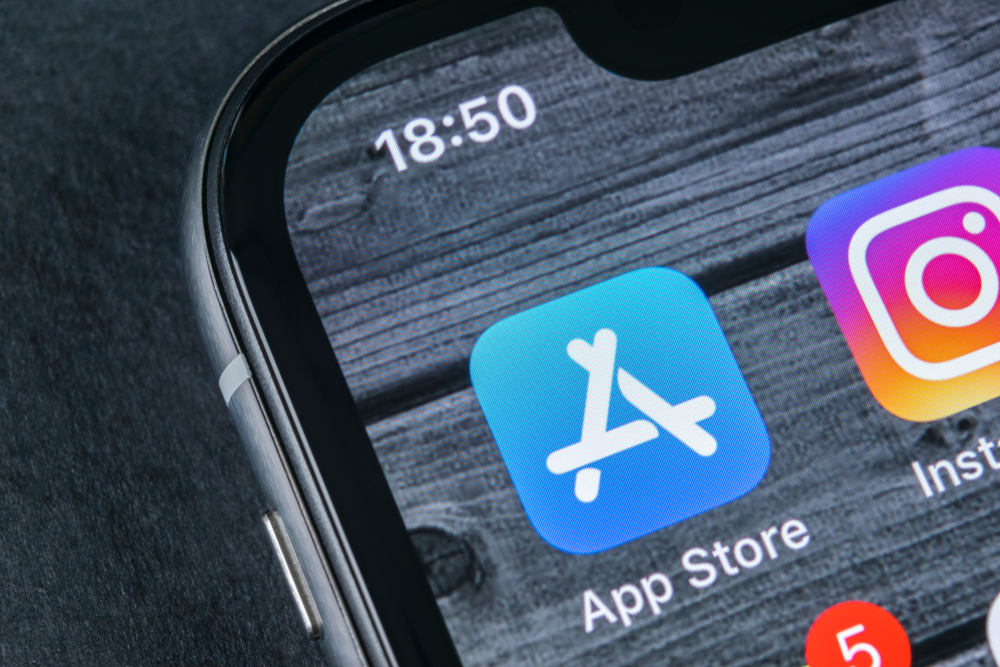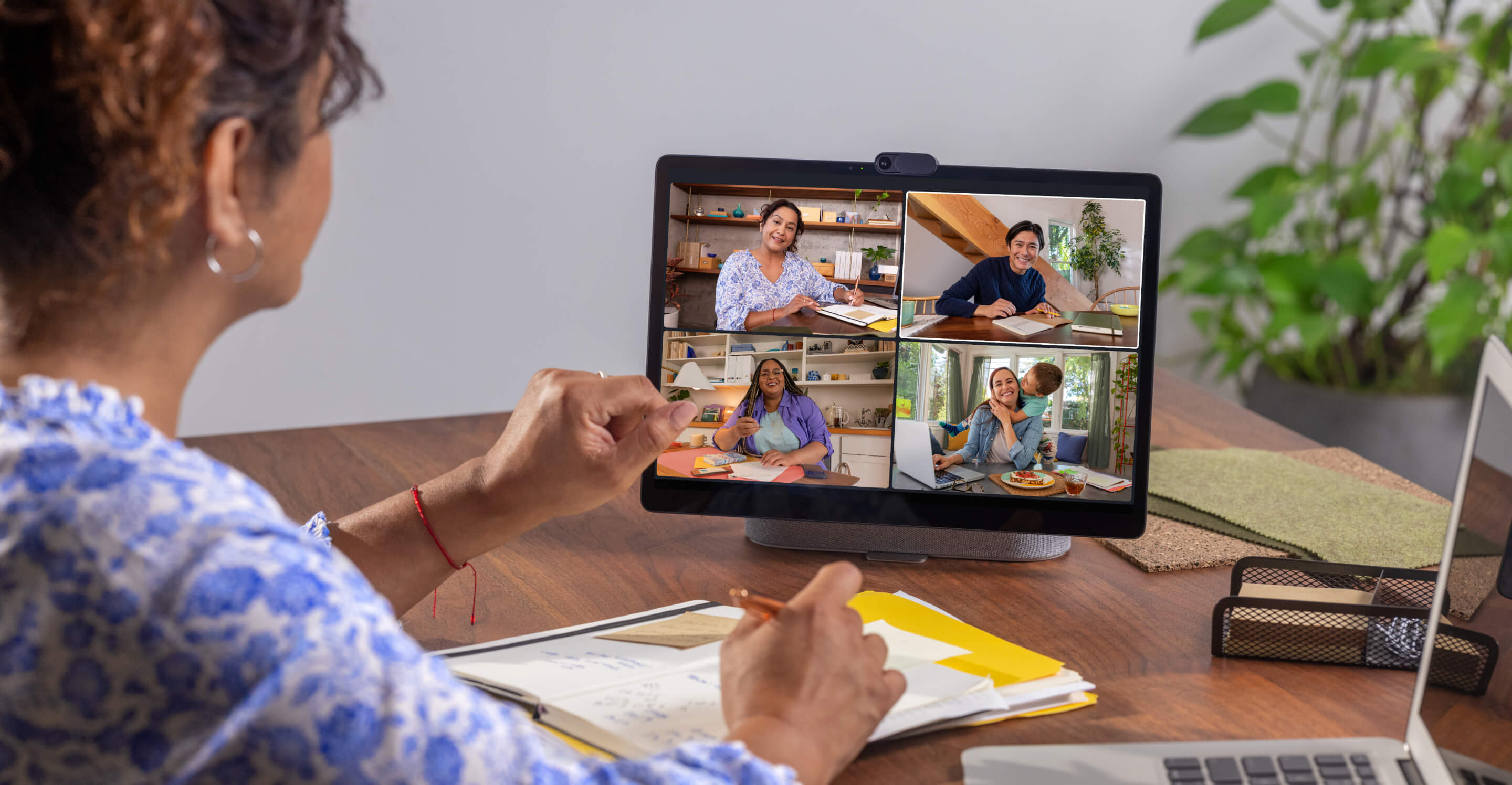Mobile operators deny blocking Apple's Private Relay feature
T-Mobile says users were unable to access the VPN-like feature due to a fault in iOS 15.2


UK mobile operators have denied reports that they had blocked customers’ access to Apple’s new Private Relay feature, blaming the issue on a fault in iOS 15.2 instead.
First announced in June 2021 at Apple’s WWDC developer conference, Private Relay is a VPN-like setting that allows iCloud users to hide the websites they visit from third parties, including their mobile network provider, and even Apple.
However, Apple notes that the feature is currently in beta testing mode, meaning that “some websites may have issues, like showing content for the wrong region or requiring extra steps to sign in”.
Earlier this week, it was reported that some carriers, including O2 and T-Mobile had been opposing the rollout of Private Relay and even blocking user access to the feature. A joint letter from operators including Vodafone, Telefonica, and T-Mobile also reportedly signed an open letter voice their objection to the rollout, according to the The Telegraph.
However, a spokesperson for T-Mobile has now denied allegations the company has blocked the Private Relay feature, stating instead that it was unavailable to some users due to a fault with iOS version 15.2:
RELATED RESOURCE

“Our team identified that in the 15.2 iOS release, some device settings default to the feature being toggled off,” they told IT Pro, adding that the issue is “not specific to T-Mobile”.
Apple has been informed about the situation, according to the spokesperson, who also denied that T-Mobile had signed a letter opposing the feature.
Sign up today and you will receive a free copy of our Future Focus 2025 report - the leading guidance on AI, cybersecurity and other IT challenges as per 700+ senior executives
“Customers who chose plans and features with content filtering (e.g. parent controls) do not have access to the iCloud Private Relay to allow these services to work as designed. All other customers have no restrictions,” they told IT Pro, before adding that they are "not aware or involved with any open letter related to this issue".
Apple was not immediately available to comment on the issues, or confirm whether they have been fixed as part of Wednesday’s iOS 15.2.1 update.
O2 and EE have also denied blocking access to Private Relay.
Some of the other reasons why users might not be able to access Private Relay could be due to their geographic location or even their employer. The feature is unavailable in countries including China, Belarus, Colombia, Egypt, Kazakhstan, Saudi Arabia, South Africa, Turkmenistan, Uganda, and the Philippines, due to Apple’s compliance with local laws.
The feature can also be disabled on enterprise-managed devices using mobile device management (MDM) solutions.
Having only graduated from City University in 2019, Sabina has already demonstrated her abilities as a keen writer and effective journalist. Currently a content writer for Drapers, Sabina spent a number of years writing for ITPro, specialising in networking and telecommunications, as well as charting the efforts of technology companies to improve their inclusion and diversity strategies, a topic close to her heart.
Sabina has also held a number of editorial roles at Harper's Bazaar, Cube Collective, and HighClouds.
-
 Apple's App Store now allows unlisted apps
Apple's App Store now allows unlisted appsNews Businesses are invited to make their limited-audience apps available only through a direct link
-
 Facebook launches Portal for Business device management service
Facebook launches Portal for Business device management serviceNews The new package is being launched alongside fresh Portal Go and Portal+ hardware
-
 Google brings enterprise-grade Android security to SMBs
Google brings enterprise-grade Android security to SMBsNews Android Enterprise Essentials offers mobile device management capabilities for businesses of all sizes
-
 How to upgrade your business devices to the latest version of iOS and macOS
How to upgrade your business devices to the latest version of iOS and macOSIn-depth Preparing for the latest version of Apple's OS with minimal business disruption
-
 Four steps to successful Apple device management in your business
Four steps to successful Apple device management in your businessIn-depth Apple devices are rising in popularity, so how can you deploy and manage them in your organisation?


